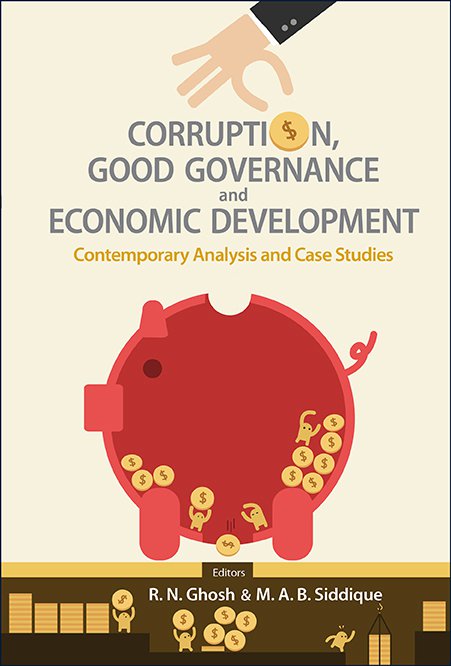Chapter 11: Does Governance Reform in a Democratic Transition Country Reduce the Risk of Corruption? Evidence from Indonesia
Within the last decade, Indonesia has been sympathetically admired by commentators for the smooth running of a democratization process following the end of authoritarian regime under Suharto's administration. So far, along with the alteration of political rules of the game, the democratization process that is taking place has generated significant institutional changes, and brings a fairly major transformation in political landscape. Citizens are enjoying free liberal environment and are receiving the rights of speech and association that is guaranteed by the laws. Regular free and fair elections have been conducted for the third time for electing a president, members of senate (Dewan Perwakilan Daerah/DPD) and the people representative assembly (Dewan Perwakilan Rakyat/DPR) at both national and local levels. Free media has also been flourishing and plays an important role in scrutinizing governmental and political affairs. As well, power has been significantly distributed both vertically and horizontally: vertically, Indonesia has been carrying out a broad decentralization process where provincial and local governments are receiving a large number of authorities and responsibilities for the provision of public services; horizontally, a number of new democratic institutions (currently there are about 40 Institutions in the form of committees and commissions) have been formed for exercising a different set of power and rotating the wheel of governance. In addition to these, military force has been sterilized from the political arena and no longer engages, at least on formal regulations, in business activities. In sum, as the World Bank (2003: i) maintains, Indonesia has been able to construct basic requirements for a strong functioning democracy.
When it comes to corruption, however, the extraordinary process of governance reform seems to have no effect. Despite the success story of many democratic accomplishments, Indonesia continuously performs poorly in dealing with corruption. In the last 10 years after democratization began, Indonesia still ranked close to the bottom, together with the most corrupt countries of the world, according to Transparency International's Corruption Perceptions Index. The score has never been far away from the score that was achieved during the authoritarian government era.
On the practical context, the appearance of corruption acts could still be easily observed in almost entire governmental buildings, especially in the places where public service is carried out. Street conversations about the way government officials maintain red-tape bureaucratic procedures in order to attract bribery, collusion between government officials and businessmen to capture public resources as in the case of illegal logging, conspiracy of judicial authorities to take illicit profit from court cases, and the way politicians exercise power to grab public budget are still in the daily reports of the Indonesian media. Due to systematic corruption, the quality of public services remains extremely poor. Devolution and decentralization of power has no meaning other than prosperity for the elites and the new power holders. Needlessly to mention that annually the State Auditing Agency keeps finding a huge number of irregularities in almost every government branch. In short, corruption has not only become an endemic in contemporary Indonesian politics, but also, turns into “a new ideology” where everyone seems born corrupt.
This chapter will try to examine these contrasting phenomena by explaining why the governance reform in a new emerging democratic country like Indonesia is not sufficient to curb corruption. While theoretically the implementation of good governance principles could end chronic abuses of power including corruption, evidence shows that this is not an automatic mechanism. Instead, imprudent process of governance reform may create a fertile ground for the spread of corruption.


